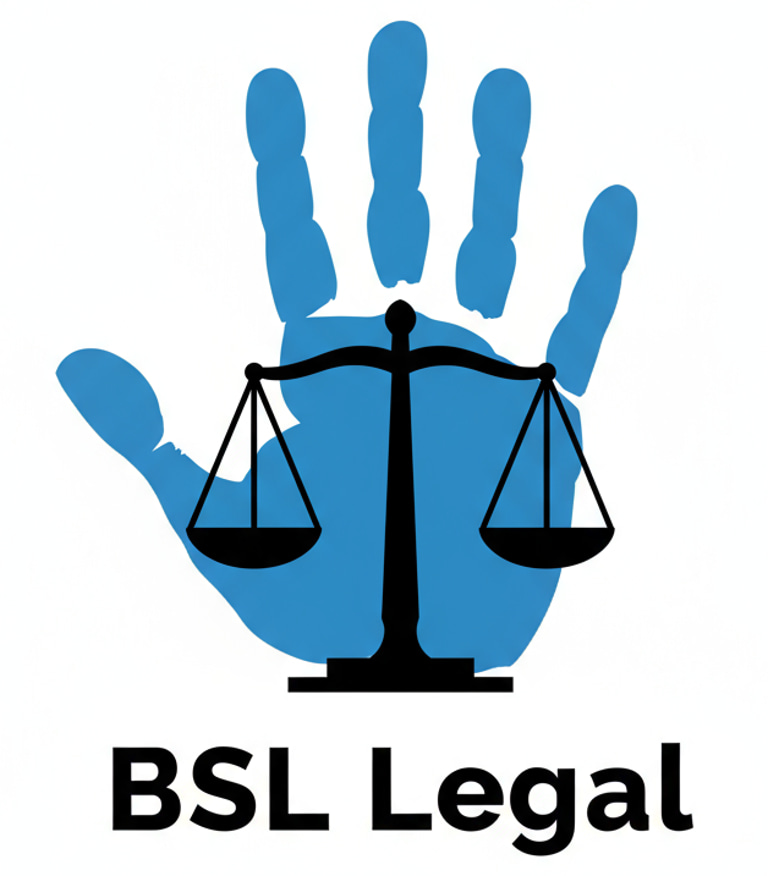Frequently Asked Questions - Sign Language Interpreters
Can we use Interpreters ‘Remotely’?
Yes, depending on the client and nature of the booking, you can. Speak to the interpreter of your choice and talk through the options specific to your case. In the majority of cases BSL interpreters can work remotely using video conferencing software such as ‘Zoom’ to take instructions. However, this may not be appropriate for all interactions and it also depends on the needs of your client; for example if they have cognitive or visual impairments, a face to face appointment would be best.
Will my Interpreter Translate Documents for me?
You will need to speak to your booked interpreter regarding the services that they can provide. Translating documents can be done by a Deaf or Hearing BSL interpreter. Please be aware that translation can take a considerable amount of time, depending on the length of the document, and so the interpreter may need to be notified in advance if this is the service you require.
Does the Interpreter Need to Know if a Client has Additional Needs?
It would be useful to notify the interpreter if there are any participants with specific needs within a booking as the interpreter may be able to advise you of any additional support you may need in place. For example if the client has a cognitive impairment or learning need the interpreter may be able to advise you on the best steps to take to ensure the booking can run as smoothly as possible.
Also some specific needs may impact on how the interpreter delivers their service, i.e. if your client has a visual impairment the interpreter may need to consider their clothing choices.
Can I Request a Specific Interpreter?
Yes.
What do Interpreters Charge?
All the interpreters within the network are freelance professionals and will set their own fees on a ‘per job’ basis. For general guidance on industry standards for fees you could expect to pay for an interpreter, take a look at the National Union for BSL Interpreters (NUBSLI). Please bear in mind the fees are guidance fees and interpreters fees may vary depending on the job.
Who Pays for the Interpreter?
The police are responsible for providing interpreting services to Deaf people requiring access to police services.
In criminal cases the courts are responsible for providing interpreters for Deaf defendants. Witnesses for the prosecution who require interpreting services will come under the Crown Prosecution Service. If a defense team requires interpreters for witnesses in their case, they will be responsible to cover the costs.
The defense is responsible to provide and pay for their own interpreter for client conferences and ‘out of court’ discussions with their client. This is usually funded by the Legal Aid Authority and in some cases the court may agree to cover these costs.
In Family Law cases the interpreters MAY be provided by the courts depending if it is a Public or Private law case. This will need to be discussed and agreed by the court.
Contact
© 2025. All rights reserved.
